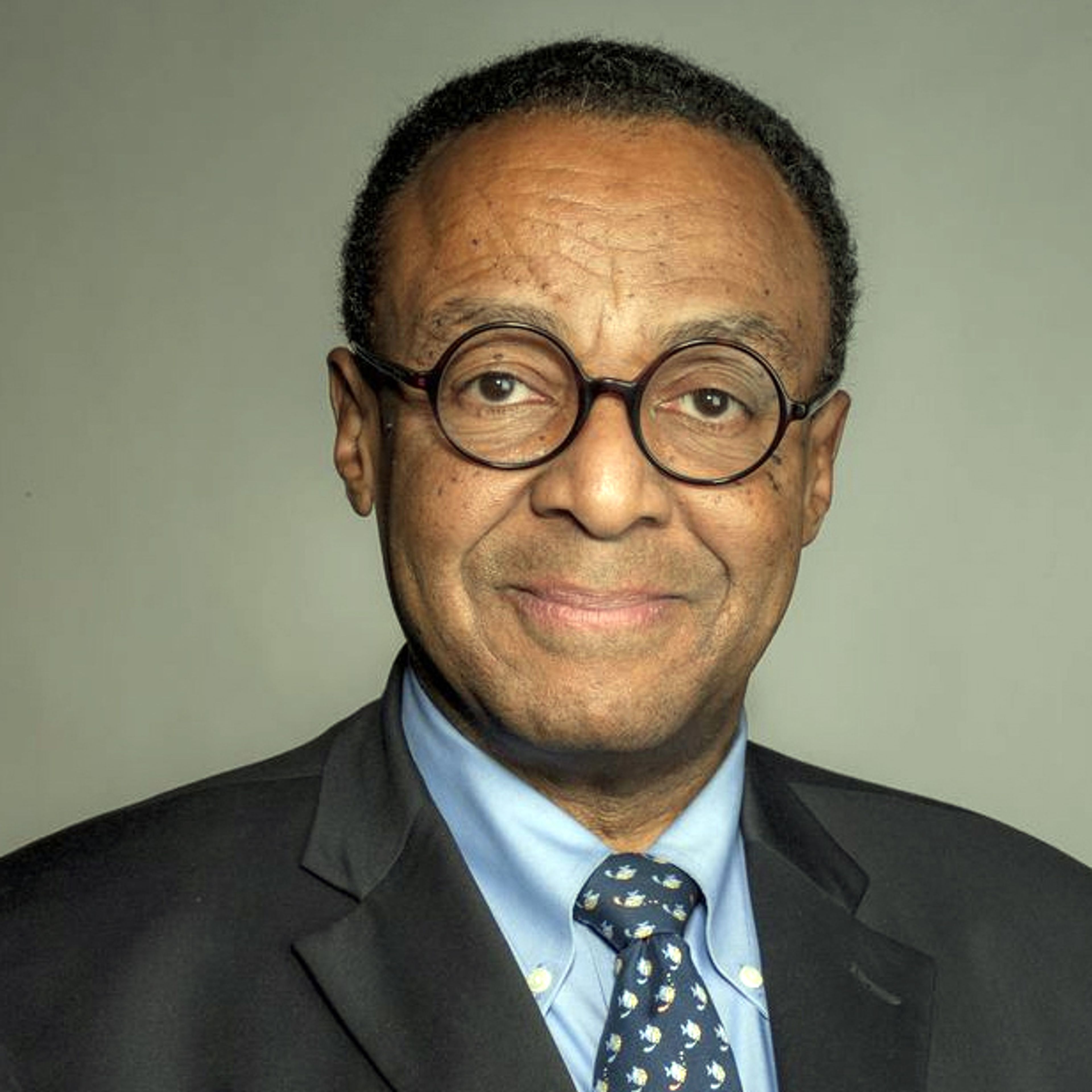The Pacific Northwest loses the last member of its ‘three amigos’
In the early 1970s, voters across the Pacific Northwest — Idaho, Oregon and Washington — could boast, and often did, that their region was home to three of the most accomplished, most interesting and most engaging governors in the country.
Cecil Andrus, in Idaho, Tom McCall, in Oregon and Dan Evans, in Washington — the self-described “three amigos” — formed a political and personal partnership that hasn’t come close to be replicated in the intervening 50 years.
Ironically, Idaho — the most conservative Northwest state — elected Andrus, a Democrat, in 1970 — the first of his four terms — while the more liberal coastal states elected two progressive Republicans. Washington voters put Evans in the Statehouse in 1964 for the first of three terms, while Oregonians gave McCall the first of his two terms in 1966.
Andrus and Evans defeated incumbents to win the governorship while McCall defeated a popular Oregon secretary of state. Each man became a vote-gathering machine, often defying their own national parties and in the process developed legacies unmatched in the region.
All three were pioneering state-level conservationists. McCall’s landmark efforts to preserve public access to Oregon’s magnificent beaches continues to mean to this day that the public interest in the state’s shoreline is paramount. McCall, like Andrus and Evans, believed not every tree had to be cut or mountainside despoiled in the name of economic progress.
The gruff McCall famously told a television interviewer that Oregon was a special place, too special to be ruined by over-development and too many people.
“Come visit us again and again,” McCall said. “This is a state of excitement. But for heaven’s sake, don’t come here to live.”
Andrus’s four terms were the bookends for his history-making tenure as secretary of the Interior, a time that saw President Jimmy Carter, with encouragement and strategy by Andrus, champion protection of millions of acres of wilderness, wildlife refuges and national parks in the nation’s last frontier, Alaska.
All three governors championed public and higher education and wise economic development. McCall and Andrus were early champions of land use planning. And each man understood the wisdom of joining forces on issues of regional importance, putting aside partisan considerations to give the region greater clout and more ability to attract national attention and money.
Their mutual regard extended so far that Republican McCall came to Boise in 1974 to headline a fundraiser for Idaho’s Democratic governor. When Evans was appointed and then elected to the U.S. Senate after the death of legendary Washington Sen. Henry “Scoop” Jackson, Andrus endorsed Evans as the only man big enough to fill Jackson’s shoes. When Andrus made his gubernatorial comeback in 1986, Evans endorsed his Democratic friend with such conviction that the Andrus campaign turned the endorsement into an incredibly effective political ad.
McCall, a terrific writer whose early journalism career included a job at what is now the Moscow-Pullman Daily News, was the first of the amigos to go, dying of cancer in 1983. McCall was a one-of-a-kind character, brash, outspoken, clever with a quip and determined to make change.
As McCall’s biographer Brett Walth has written, “McCall dominated everything around him ... because of all he represented in his state.”
Andrus was a similar personality: quick with a quip and just as quick, as he often said, to “throw an instant fit” when he encountered unfairness or ineptitude. Andrus dominated the politics of his conservative state through three decades because he was the genuine article — tough, empathic, a strategic thinker determined to make a difference while keeping the trust of voters who just plain liked “Cece.”
Andrus’s death in 2017 left only the last amigo, Dan Evans. And now that towering figure has died at 98.
Evans, who demanded in the 1960s that the hard right wing of his own party, including the John Birch Society, just leave the Republican Party, is the last of a breed: the determined individualist, willing to buck party and ideology in the cause of genuine progress.
Longtime Washington journalist Joel Connelly wrote of Evans: “He was a lifelong Republican, part of a now critically endangered species of conservation-minded members of the Grand Old Party. Nowadays, the annual Conservative Political Action Conference has panels debunking Theodore Roosevelt.”
The legacy of the three amigos will not diminish. You’ll continue to see it in the Andrus White Clouds wilderness in central Idaho, the Alpine Lakes in Washington and a dozen other places championed for protection by Evans as well as the waterfront park in Portland that carries Tom McCall’s name.
It requires courage and vision and action to make our fractured politics work. The get-along, go-along types can win elections by catering to the worst instincts in their party and appealing to the lowest common denominator in the electorate. But in the end these types merely occupy a place on the ballot or hold down a desk. They do little or nothing for democracy and the next generation.
It’s tempting to say that we’ll not soon — or perhaps ever — see the like of Evans, McCall and Andrus again. And ask yourself why?
The answer won’t be found in partisan politics or fealty to a corrupt leader or even the obvious desire for popularity that too often requires trimming and hedging. Leadership of the type Andrus, Evans and McCall demonstrated was all about character — the moral and ethical qualities of any individual.
Scandal never touched any of these men. They kept their word to their voters. They stood for real and important things like clean air and water and the thrill of wide open spaces where humans are but temporary visitors. They built schools, spoke candidly about challenges and demanded excellence of themselves. They behaved honorably.
The Pacific Northwest once had three amigos and we are better, much better, for having had them.
Johnson, of Manzanita, Ore., served as chief of staff to the late former Idaho Gov. Cecil D. Andrus. His new book on the U.S. Senate in the 1960s — “Mansfield and Dirksen: Bipartisan Giants of the Senate” — has been published by the University of Oklahoma Press.








